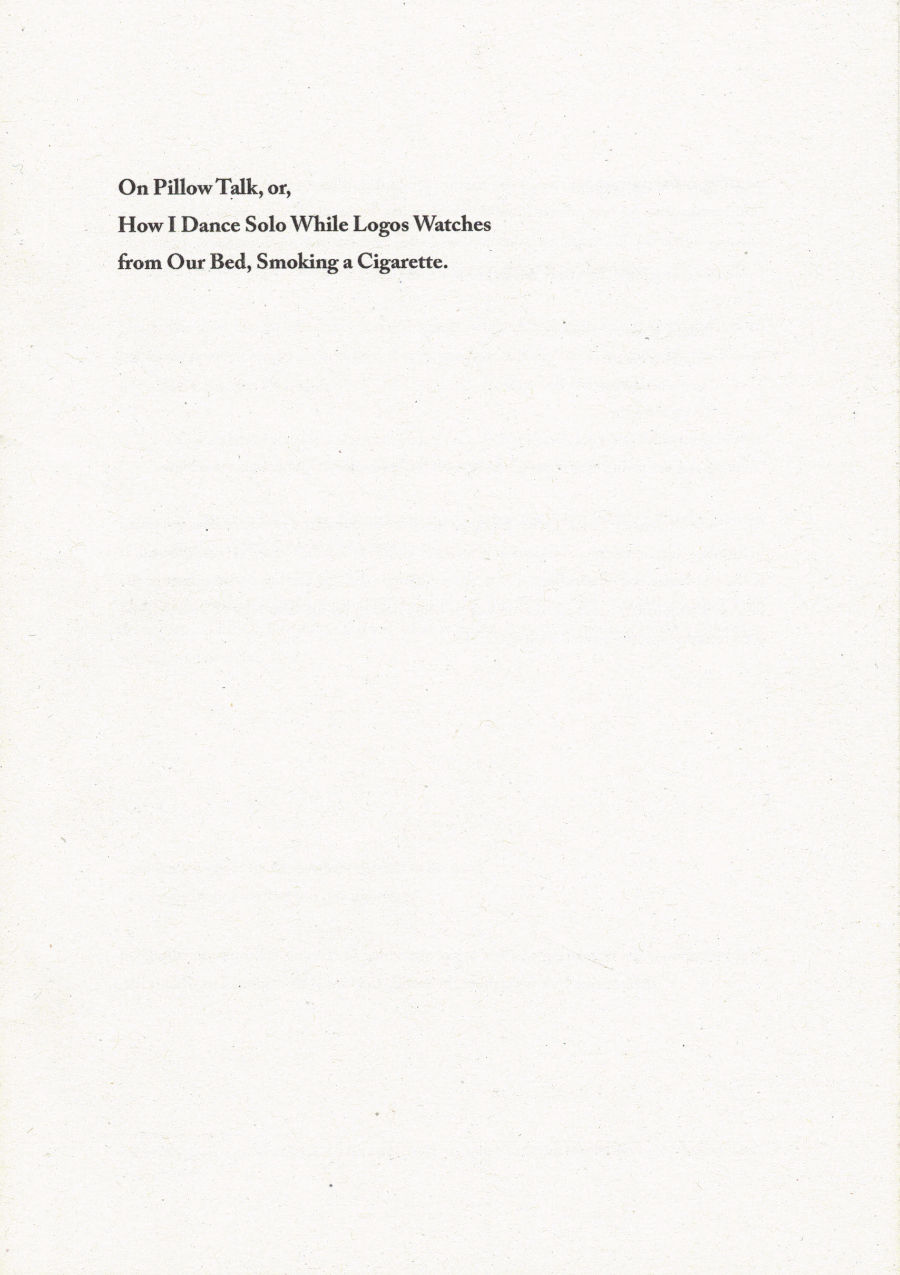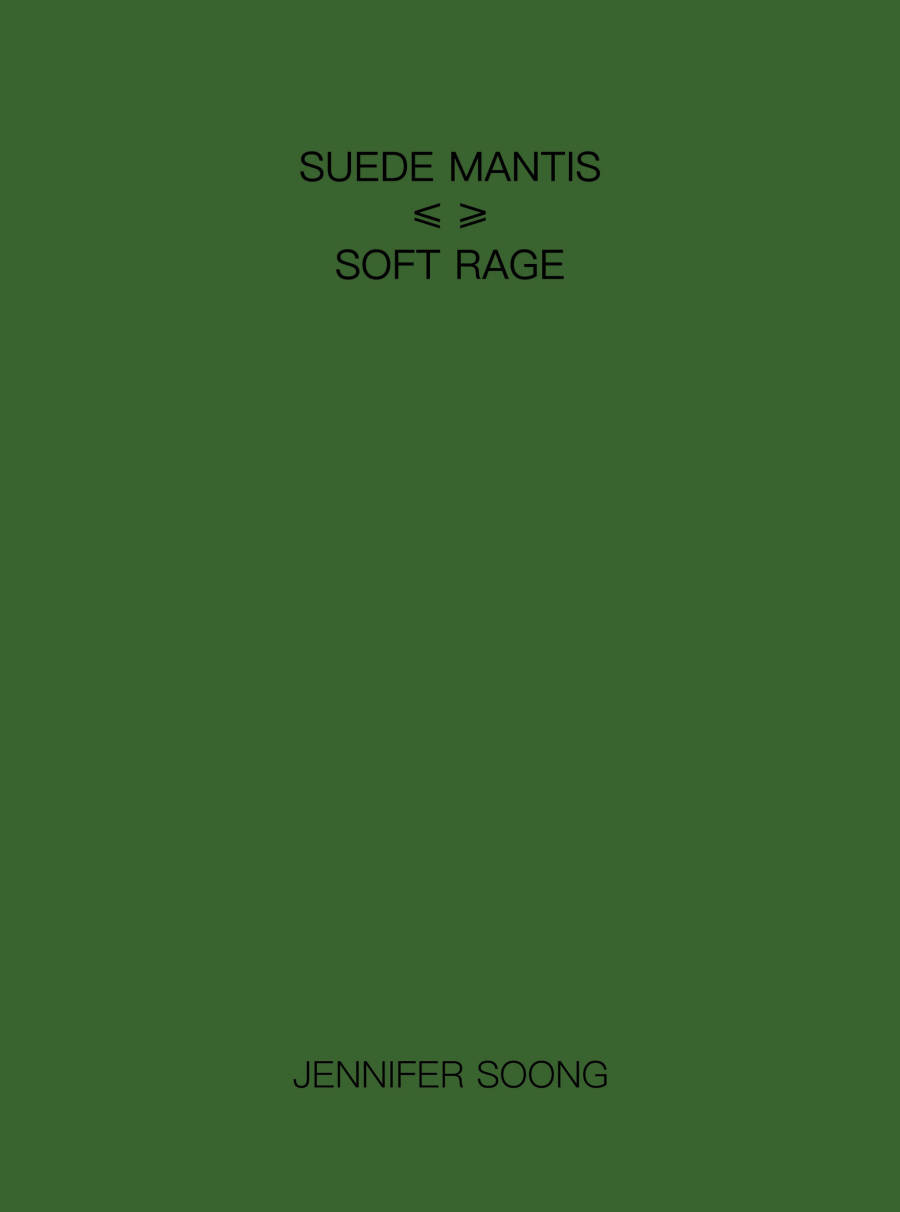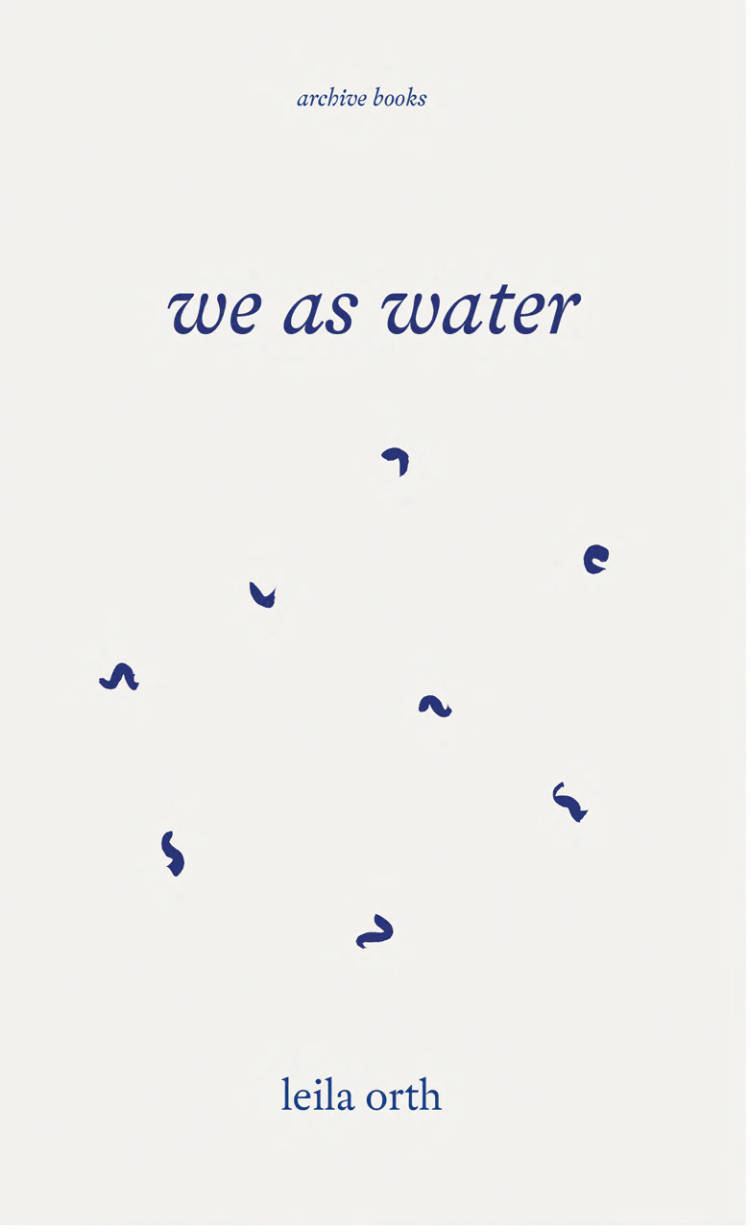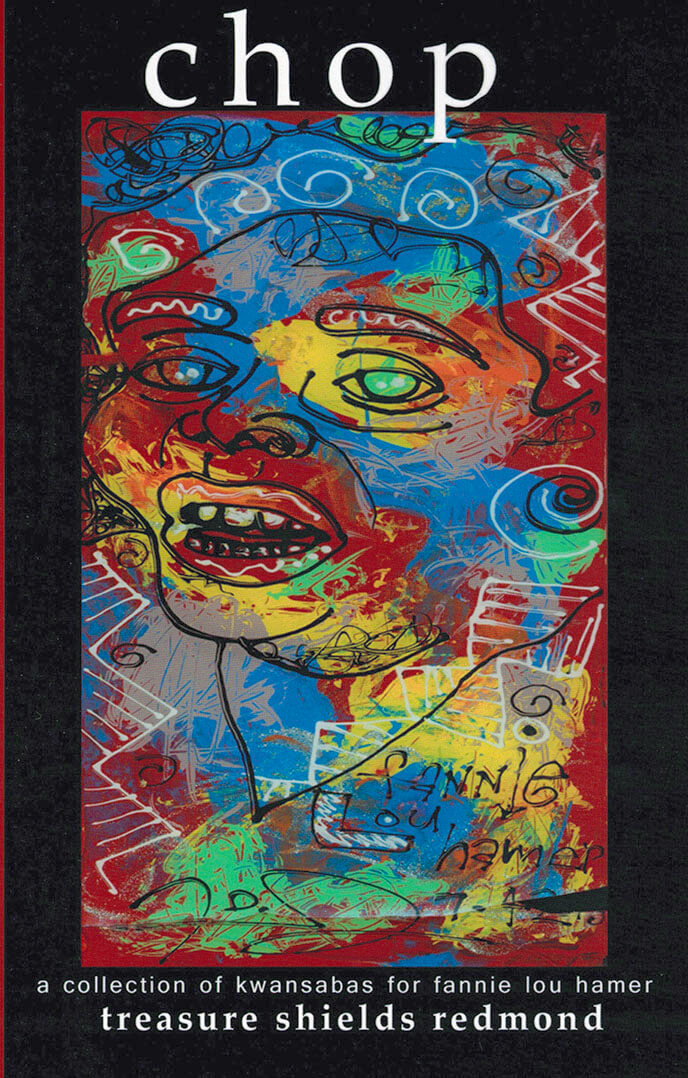
On Pillow Talk
Language: English

Language: English

Fiercely devoted to the margins of life in the generation after the devastating first wave of the AIDS epidemic, this cathartic collection of poems explores illness, travel, contagion, the meaning of home, identity, tainted purity, and the bits of life that contain them and hold them together in spite of the harsh exigency of daily life. In more than 40 pieces, Chin fearlessly delivers everything from his first exposure to science (Magnified) to a mail order fantasy experience (I Buy Sea Monkeys); from backroads travel in Asia (Little Everest in Your Palm) to the plight of immigrants in America (The Men's Restroom at the INS Building). Chin's brutal honesty and sharp humor frame a profound and original collection.
Justin Chin is the author of two collections of poetry, Harmless Medicine and Bite Hard (Manic D Press), and two collections of essays, Burden of Ashes (Alyson Press) and Mongrel: Essays, Diatribes and Pranks (St. Martin's Press). In the 1990's, as a performance artist, he created several performance works that were presented nationally and abroad.

Swaying between command and curiosity, acquiescence and destruction, distance and proximity, Jennifer Soong’s Suede Mantis / Soft Rage proffers tenderness that teeters on the precipice of loss. Premised on this peril is not a paralyzing grief but a generative poiesis of “cruel desperation,” in which poetry pronounces itself in contrasts and conditionals, had beens and renunciations. Like a tongue that tans flesh, like passion that’s made pliable by the pulsing and glistening of language, Suede Mantis / Soft Rage is the negotiated labor of a process rather than a product, raising interior operations to the surface while presenting an antithesis to mimetic construction. Neo-romantic and post-pastoral, the poems in Soong’s second collection reinvigorate lyric possibility.

“Water has the power to connect us, reflects the relationship between past and present and provides space for narratives that have previously been overlooked."
In her book we as water, Leila Orth explores water as a site of memory, weaving together the stories of eight people who tell of oceans, rivers, and lakes and their own memories. Building on her many years of artistic engagement with memorials, Leila Orth uses the book to search for places, far removed from national memorials, that lead to a possible transnational form of remembrance. Water becomes a transnational site of memory, where layered stories and perspectives intertwine. It holds the traces of travellers and the drowned, the sand at the bottom of the seas, the history of the islands and coastlines where we grew up. It recalls our families, our longings, the past, the fighters, the dead, and the living.

chop is a collection of poems that center on the life and work of proto-feminist and civil rights activist, Fannie Lou Hamer.
A Mississippi native, Treasure Shields Redmond is a poet, speaker, diversity and inclusion coach, and social justice educator. In 2016 she founded her company, Feminine Pronoun Consultants, LLC. Even though Treasure is completing a PhD in English Literature and Criticism, is a published writer, gifted veteran educator, and has spoken on stages all over the U.S. and in Europe, she uses her humble beginnings in the federal housing projects in Meridian, Mississippi to fuel her passion for helping college-bound families navigate college admissions painlessly and pro tably, and o ering perceptive leaders creative diversity and inclusion facilitation. Additional information on her poetry, writing, and multidimensional practice are available at: www.FemininePronoun.com.

Taking readers from suburban carports to wintry Russian novels, from summer tomato gardens to the sublime interiors of presleep thoughts, Magdalena Zurawski's poems anchor the complexities of our interconnected world in the singularity of the human experience. Balancing artistic experimentation with earnest expression, achingly real detail with dazzling prismatic abstraction, humor with frustration, light with dark, she offers a book of great human depth that is to be carried around, opened to anywhere, and encountered.
Magdalena Zurawski is the author of the novel The Bruise, which won the Ronald Sukenick Award from FC2 in 2008 and a LAMBDA literary award in 2009, and the collection of poems Companion Animal, which was published by Litmus Press in 2015 and won a Norma Faber First Book Award from the Poetry Society of America. She attended Brown University where she studied with poets Rosmarie and Keith Waldrop, C.D. Wright, and Peter Gizzi. She has lived in Berlin, New York, Philadelphia, San Francisco, and Durham, NC where she ran the Minor American Reading Series. She is currently Assistant Professor of English and Creative Writing at the University of Georgia.
Published April 2019